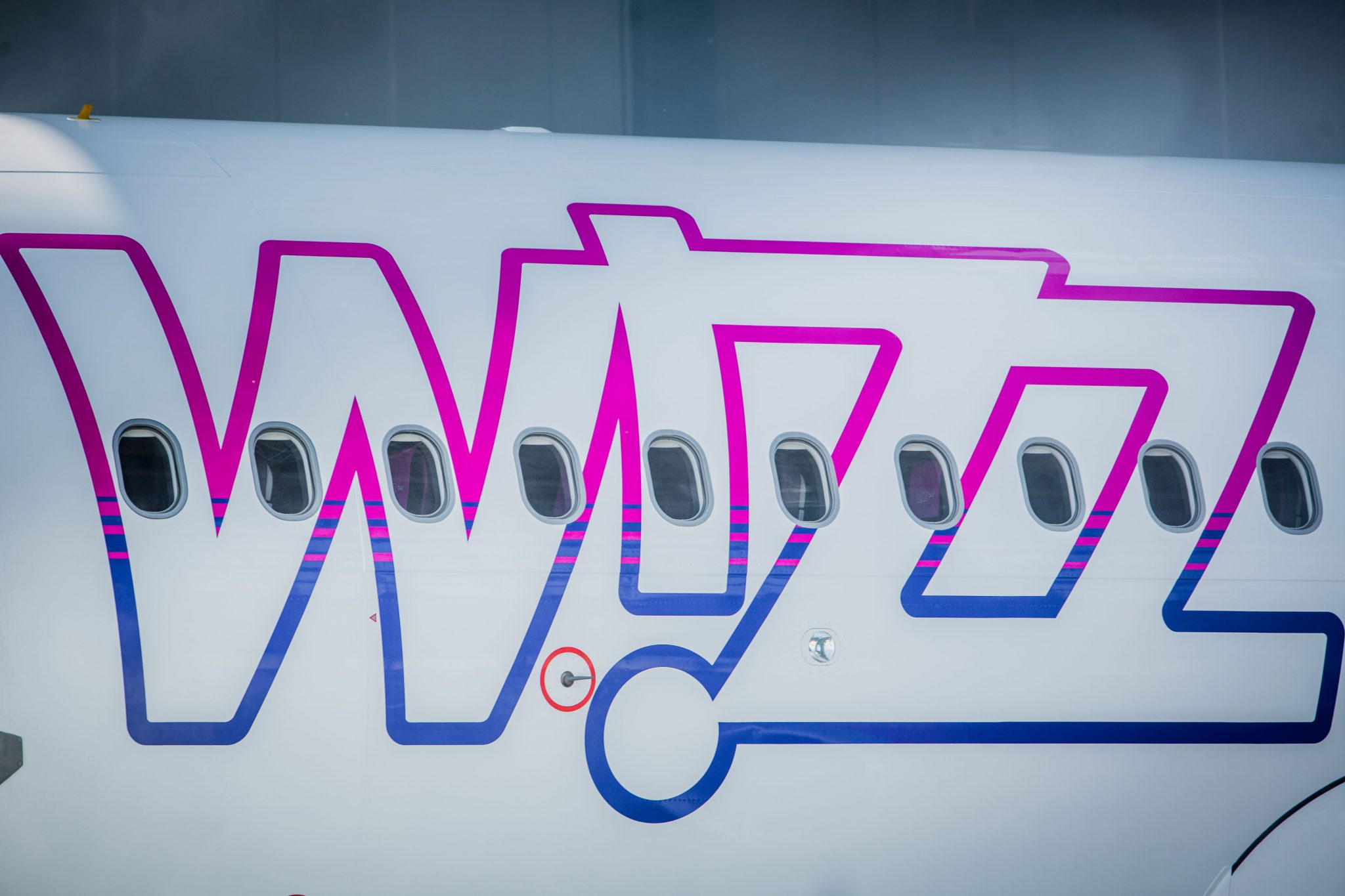Wizz Air has posted an underlying net loss of €243.1 million for the six months to 30 September 2020, with revenues down by 71.8% to €471.2 million. Total operating expenses (including discontinued fuel hedges) decreased by 43% to €716.8 million.
Wizz Air’s liquidity was €1.559bn at the end of September. The airline’s cash burn levels remain at €70 million per month in the case of a full grounding until the end of F21.
Remaining upbeat, József Váradi, Wizz Air Chief Executive, praised the airline for outperforming the industry during the second quarter, carrying 5.8 million passengers at 66% load factor and 72% of its 2019 capacity. “Our ancillary revenues continue to increase on a per passenger basis, driven by a resilient performance of our core products. At the same time, our disciplined cost management allowed us to sustain our investment graded balance sheet with a total cash balance of €1.6bn.”
Váradi added that he continues to add routes, prepares to launch its Abu Dhabi airline and “pursue opportunities as they arise and to create a unique competitive advantage for the future”.
He states that he continue to invest in the renewal of the fleet during H2 2020 and CY2021 in order to further increase its competitive position and its edge on cost and sustainability.
During the winter period, Váradi expects conditions to be particularly challenging with ongoing travel restrictions due to COVID-19 as well as the seasonal drop in demand for travel, but has reiterated his intention to retain the current staff base in order to “generate a head start for when demand returns”.
“We are confident we will emerge as a structural winner, enabling Wizz Air to grow profitably in the years to come,” he concludes.

